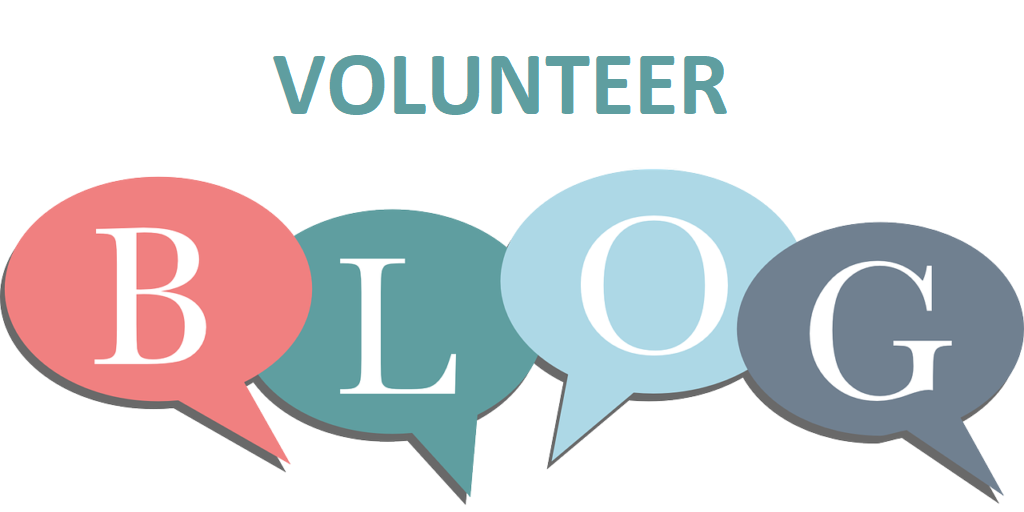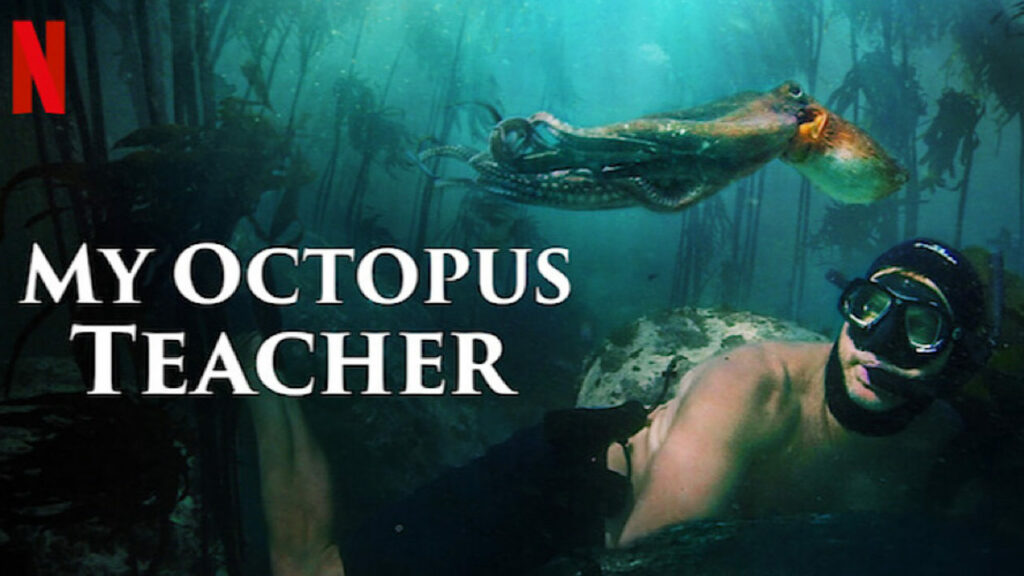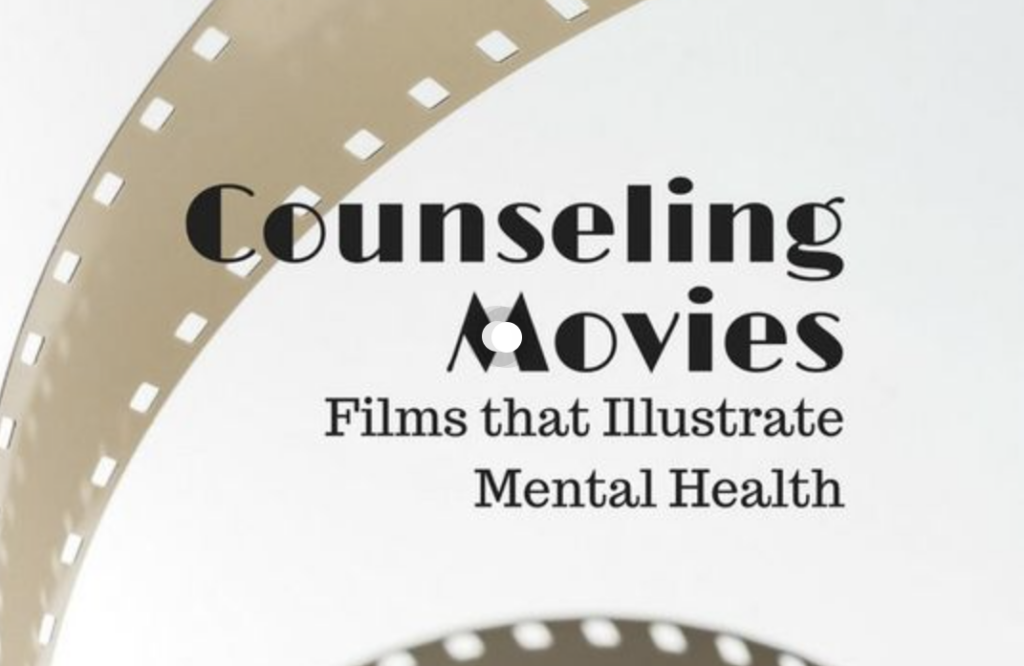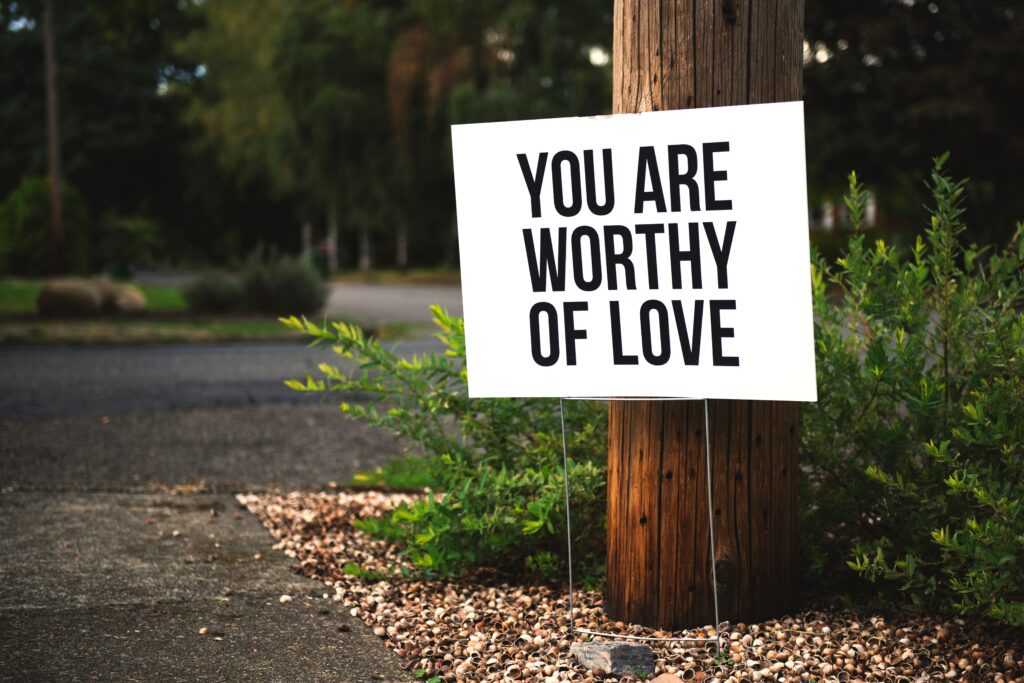The Beauty of The Breath
“Just take a deep breath”, is something we say quite often, especially when feelings of anger, worry or stress are rising. Maybe you have experienced the effects of deep breathing yourself. Maybe you have suggested it to someone who feels overwhelmed. For all the knowledge and technology that humanity has today, a proven method to relax ourselves lies in this breath that we freely breathe.

Regular deep breathing is a scientifically validated technique to help reduce symptoms of anxiety. Yoga practitioners take it up a notch and deepen their breath while holding challenging postures. Athletes, swimmers and mountain climbers too train themselves to prepare for environments that put their bodies and minds to the test. While philosophers explore the mystery behind it, spiritualists have developed various breathing techniques to understand the divine.
THE EFFECTS OF A FEW DEEP BREATHS
By deepening our breath consciously, we are also slowing it down. Here are a few events that happen to you when you slow down the rate of your breath:
1. Your nerves are relaxed, subsequently relaxing your muscles, glands and organs.
2. Your heart, lungs, and the muscles attached to the ribs feel more at ease.
3. More space is created internally, improving circulation and invigorating your cells.
4. Your mind focuses on deepening the breath and gets a break from continuous thoughts.
5. You will feel calm, comfortable and more in touch with yourself.
Depending on how often we practice, these effects last longer. A regular practice could potentially change one’s mindset, behavior, attitude and personality.
HOW TO PRACTICE CONSCIOUS BREATHING
This is a practice that you can inculcate into your life, by setting aside 5-15 minutes in your day.

Posture: Sit in any position that lets you keep your trunk straight, with the head and neck aligned with your spine. This lets the muscles attached to your ribs expand efficiently.
Inhalation: Allow the belly and chest to expand when you breathe in. You want air to move in easily. Count mentally up to at least 4.
Exhalation: Allow the belly to contract gently when you breathe out. You want to release as much as deoxygenated air before you can take your next fresh breath. Count mentally up to 6, maybe more if you are comfortable.
It helps to close the eyes and redirect your attention inwards. And then all you got to do is continue to watch your breath – moving in and out, freely.
Deep breathing is a foundation for self-awareness and meditation. And as certified listeners, I’m certain we could all use the benefits of deep breathing.

“You have learnt to breathe
It’s not something you can just forget.
It’s like when you learnt to smile,
What’s learnt, there’s no way to reset.
Little daily experiences challenge
the strength of your mind
But there is no answer
that your breath cannot find.”
- Susan Saju Vaisian





